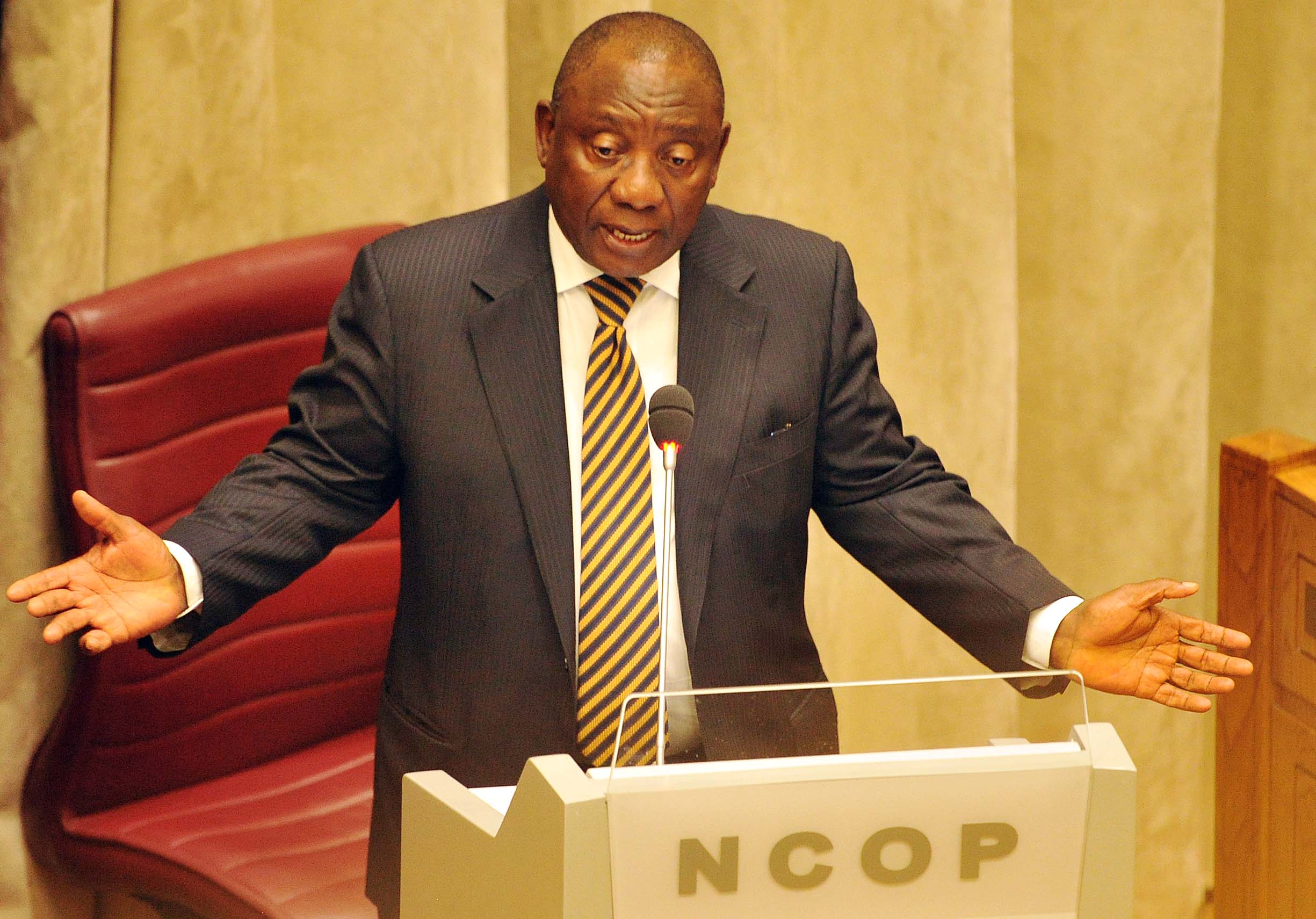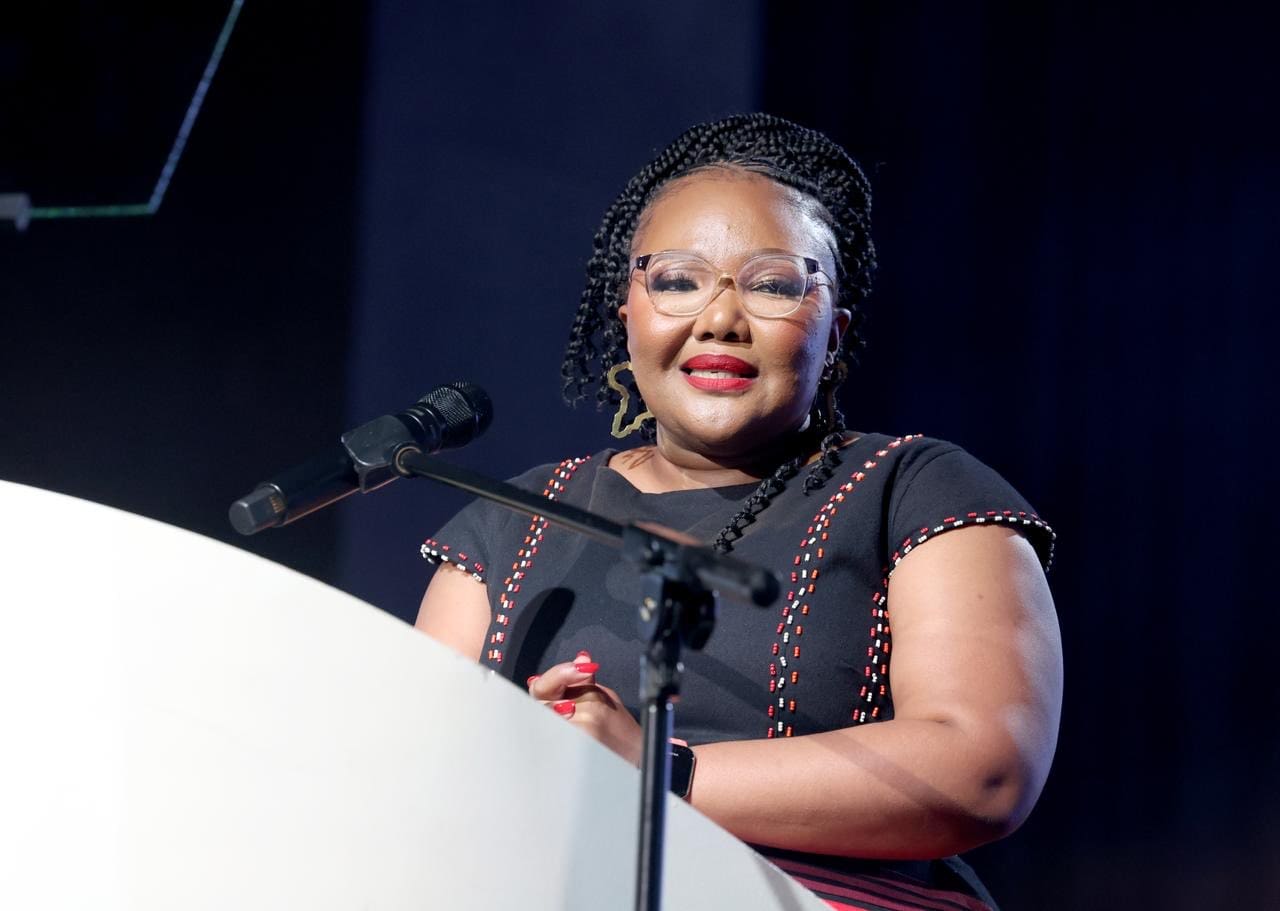In a roller coaster session on 31 July, the National Council of Provinces (NCOP) greenlit the 2024 Appropriation Bill, setting aside a whopping R1.1 trillion for the current fiscal year. For those unfamiliar, the NCOP is a crucial part of South Africa’s Parliament, representing provincial interests and ensuring that bills reflect the diverse needs of the country.
This week’s activities, including debates on budgets and sessions for the select committees on Appropriations and Finance, culminated in the passing of the Appropriation Bill.
While the bill’s approval was significant, the session was dominated by the dramatic opposition of the Economic Freedom Fighters (EFF) and the uMkhonto weSizwe (MK) Party. Both parties rejected every single department budget vote, but with their limited numbers, their opposition seemed more symbolic than impactful. Their strategy raised questions about the effectiveness and long-term sustainability of such performative tactics.
The EFF and MK Party, unable to muster enough votes to overturn the budget, resorted to a blanket rejection of all budget votes. Laetitia Arries from the EFF did not mince words about the Department of Women, Youth and Persons with Disabilities, saying, “We reject the department which does not respond to the many challenges faced by women and persons living with disability in this country.” Ouch!
EFF MP Kennedy Meisie also had strong words for the Department of Labour, claiming, “This department is responsible for a decade-long trend of rising unemployment which has continued unabated, without any viable solutions to speak of.” Double ouch!
MK’s Mmabatho Mokoena took on the presidential budget vote. “We as uMkhonto weSizwe reject this vote. The gap between rich and poor continues to widen and economic inequalities persist.”
But here’s the tea: this all-or-nothing approach by the EFF and MK Party might be creating more noise than progress. Their blanket rejection of the budgets, regardless of the merits or potential benefits of individual appropriations, seems more like a theatrical performance than a constructive political strategy. By opposing every budget vote without differentiation, they risk alienating citizens who might see their actions as obstructionist rather than as a form of meaningful dissent.
It also raises the question: shouldn’t the opposition engage more deeply with the details of the budgets, supporting those that genuinely benefit the public while constructively criticising others?
Take, for example, the budget for the Department of Small Business Development. Minister Stella Ndabeni-Abrahams unveiled a R344 million boost for the Township and Rural Entrepreneurship Programme (TREP).
She informed the NCOP that the department recognises access to finance as a major hurdle for small businesses, especially those owned by previously disadvantaged individuals and those in the early stages of their business journey. “To address this, we have developed an SMME and Cooperatives Funding Policy to expand access to finance and early-stage investment,” she said.
The EFF’s Nolubabalo Mcinga of course added the opposition’s sentiments, stating “The budget does not address the real issues and lacks foresight. It fails to offer meaningful support to the small business sector.” Rejecting such a budget without acknowledging its potential benefits could be seen as throwing the baby out with the bathwater.
Despite the vocal opposition, the GNU parties, including the ANC, managed to rally enough support for the Appropriation bill. NCOP Chairperson Refilwe Mtshweni-Tsipane read the vote tally stating, “Honourable delegates, the voting is as follows: Those who voted in favour are 43. Those who voted against are 11. Those who abstained are zero. Therefore, honourable delegates, the Bill is agreed to in terms of section 75 of the constitution.”
The Appropriation Bill, which outlines government spending, was the highlight of a busy week for the NCOP. The bill’s passage marks the conclusion of the NCOP’s activities for the first term of the year.
The Appropriation bill isn’t just about this year’s spending; it also lays down the law for fund withdrawals for the 2025/26 financial year, ensuring the government doesn’t run out of steam—or cash—halfway through the race.
As the NCOP moves forward, it’s clear that the EFF and MK Party’s strategy of total rejection is not derailing the government’s plans. However, the fiery exchanges and pointed critiques indicate that the opposition is still finding its feet. For now, their approach seems to be more about making a statement than effecting change. The question remains: will this blunt tool of blanket opposition fatigue citizens, or will it force a deeper engagement with the budgets that matter most to South Africans? Only time will tell.
Emma is a freshly graduated Journalist from Stellenbosch University, who also holds an Honours in history. She joined the explain team, eager to provide thorough and truthful information and connect with her generation.
- Emma Solomon
- Emma Solomon




